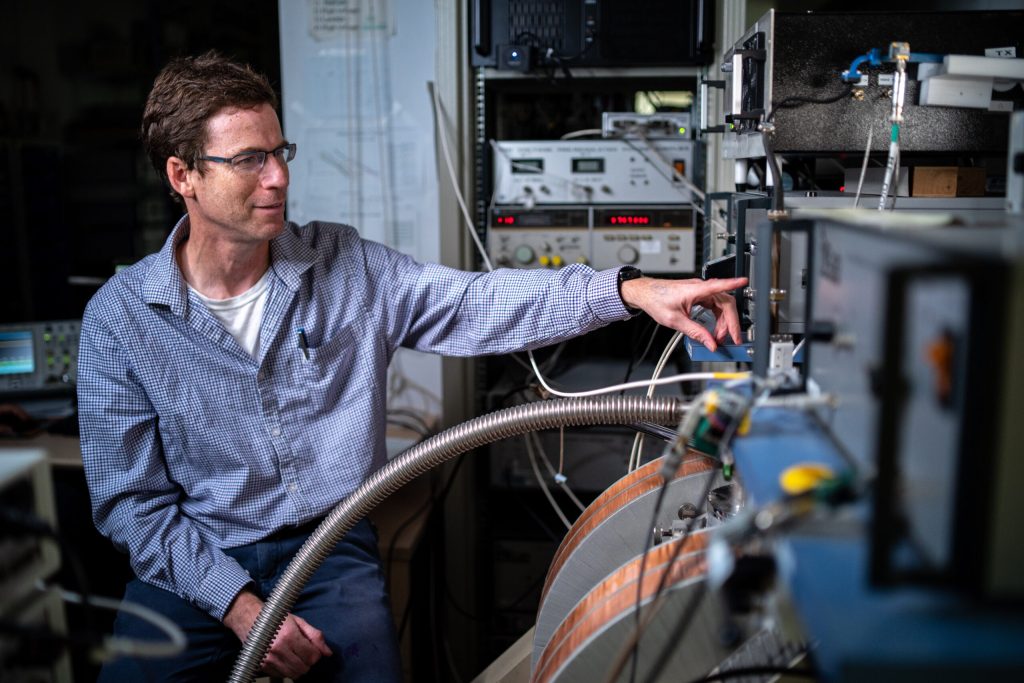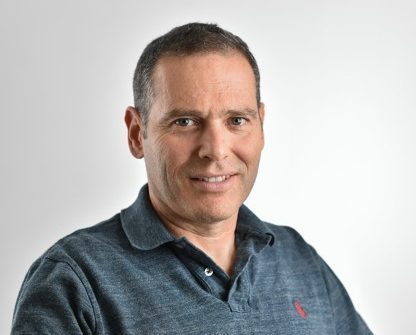In Collaboration with the Technion: EU-Funded Consortium Aims to Make a “Quantum Leap” in Molecular Analysis
The Technion research is led by Prof. Aharon Blank from the Schulich Faculty of Chemistry
A new European Union consortium is set to transform the field of molecular analysis through novel quantum sensing technologies. The consortium, named QUENCH, includes the Technion – under the leadership of Prof. Aharon Blank from the Schulich Faculty of Chemistry – alongside six other European institutions.

Nuclear Magnetic Resonance (NMR) is used in a variety of applications, including medical diagnostics, materials research, analytical chemistry, and quality control. Current NMR devices face several limitations, among them sensitivity. The joint project is expected to overcome this limitation through diamond-based quantum sensors. These sensors rely on specific defects in diamonds known as nitrogen-vacancy (NV) centers.
Now entering its second year of activity, the consortium has already achieved a dramatic breakthrough: a tenfold expansion of the detectable frequency range – from just a few megahertz to 85 megahertz. The detection of such high-frequency signals enhances spectral resolution, which is essential for advanced NMR applications. As a result, new possibilities are opening up for high-resolution and high-sensitivity chemical analysis using magnetic resonance in strong magnetic fields, as well as for other sensing and communication applications.

This breakthrough builds on major achievements by the various institutions participating in the consortium. Prof. Blank’s main contribution is the development of microwave resonators that allow precise control over the diamond’s quantum dynamics. Contributions from the other institutions include: high-quality synthetic diamond development (Fraunhofer Institute), improved readout methods using quantum logic (TUM University), advanced pulse sequences for coherent control of quantum spins (University of the Basque Country – EHU), and highly uniform magnets suitable for compact NMR systems (Magritek).
The QUENCH project is funded by the Horizon Europe program with a budget of approximately €2.5 million, aimed at accelerating the development of quantum technologies in Europe, creating new business opportunities in sensing and instrumentation, and strengthening Europe’s position as a global leader in applied quantum sensing.



